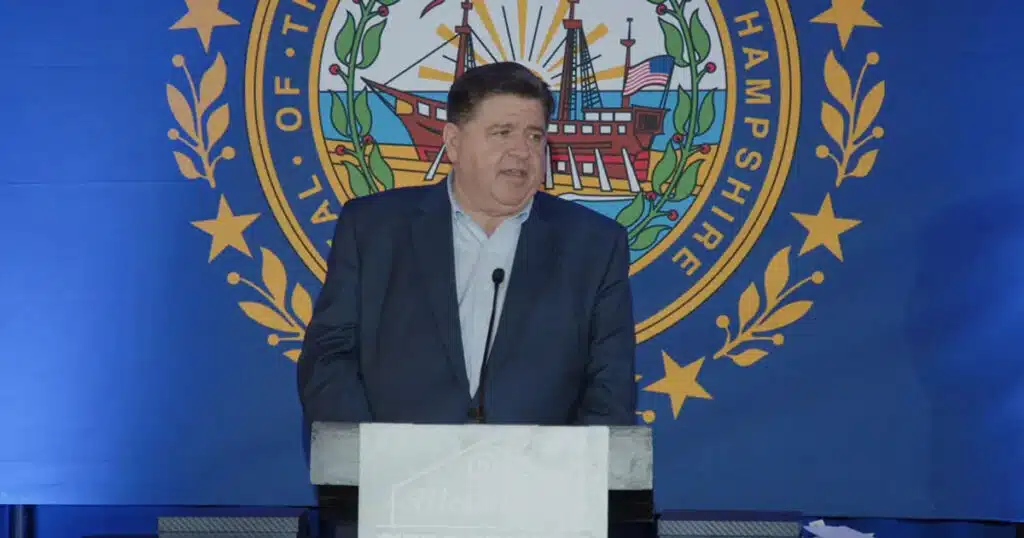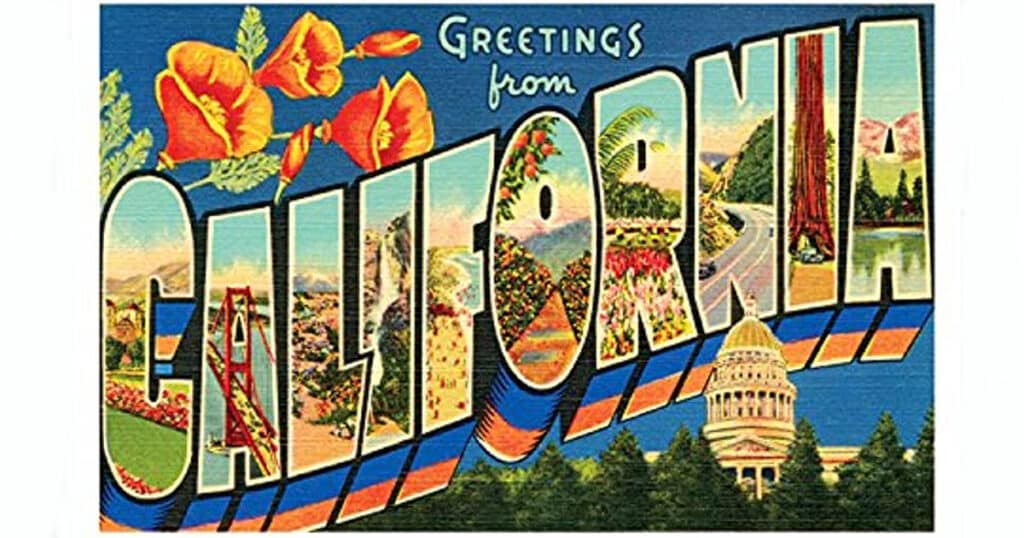
The Big Beautiful Bill: Trump’s Message of Love to Seniors, the Middle Class, and the Poor
While the legacy media froths, foams and spews hate over the recent passage of the Big Beautiful Bill, the reality is that President Trump cares deeply about the most vulnerable Americans, and the bill reflects it. When you deep dive into some of the its provisions, you begin to understand the level of compassion that went into crafting this extraordinary piece of legislation. Upon reflection, you realize this is President Trump expressing his love to the American people.
In an age where most legislation feels like it’s written for lobbyists and billionaires, the Big Beautiful Bill stands out for all the right reasons. This bold and sweeping package is aimed squarely at helping the people who have been left behind or taken for granted: seniors, service workers, the middle class, and the working poor. It’s a bill built on fairness, economic justice, and the belief that hard work should lead to a decent life.
For Seniors: Real Relief, Real Respect
For older Americans, the Big Beautiful Bill offers something they’ve long deserved: peace of mind. The law creates a new $6,000 standard deduction for individuals aged 65 and older or $12,000 for married couples. That’s on top of existing deductions, meaning that many retirees with modest incomes will no longer owe federal income tax at all.
This change directly impacts Social Security recipients and those living off small pensions or retirement distributions. According to administration estimates, nearly 90% of seniors will see their federal tax liability disappear entirely. For people who spent a lifetime working, saving, and doing the right thing, this isn’t just tax relief—it’s a powerful message of respect and appreciation.
For Tipped Workers: Full Wages, Zero Tax
If you’ve ever waited tables, driven for a rideshare company, or worked in hospitality, you know what it’s like to live off tips. It’s uncertain, inconsistent, and to some extent, unfair. The Big Beautiful Bill delivers a major tax break to servers, bartenders, and others who rely on tips. Under the new law, federal income taxes are no longer owed on reported tips, up to $25,000 annually per individual. That means more take-home pay for millions of Americans in restaurants, salons, and hospitality without needing to work more hours.
Additionally, the bill imposes strict penalties on employers who engage in tip theft, forcing full transparency and restitution for workers. It’s a clear message: if you work for it, you keep it.
For the Middle Class: Breathing Room at Last
America’s middle class remains the backbone of the economy, yet many families continue to feel the pinch from rising costs and stagnant wages. The Big Beautiful Bill aims to ease some of this pressure by expanding key tax credits that put more money directly into the hands of working families.
Notably, the bill increases the Child Tax Credit to $2,200 per child and extends this benefit through 2028, providing valuable support to parents raising children. It also expands the Earned Income Tax Credit (EITC), particularly benefiting workers without children, which helps millions keep more of what they earn.
While the bill does not broadly cut income taxes across the board, these targeted expansions serve to boost take-home pay for many middle-class households. Additionally, the legislation simplifies certain tax provisions and offers specific relief for seniors and tipped workers.
For the Poor: A Hand Up, Not Just a Handout
For those receiving government aid like Medicaid or SNAP (food stamps), the Big Beautiful Bill introduces significant changes. While it expands the child tax credit to $2,200 per child—a meaningful boost for working families—it also places new requirements on public assistance programs.
Medicaid recipients who are able-bodied adults without young children must now work, volunteer, or participate in training for at least 80 hours per month to remain eligible. SNAP benefits now carry similar expectations, extending work requirements through age 64 and including many parents of teenagers. States will also perform more frequent eligibility checks to ensure continued compliance.
The charge that “17 million people will lose their healthcare benefits” is just leftist chatter. In fact, Medicaid rolls swelled during the pandemic because Medicaid adopted a policy of “continuous registration.” That meant that enrollees received benefits whether their circumstances had changed or not. States are now culling ineligible recipients from their systems. This process would have occurred whether the Big Beautiful Bill passed or not.
A Bill That Serves the People
Critics call the Big Beautiful Bill expensive. But what’s truly costly is doing nothing and allowing seniors to choose between medicine and meals, letting workers scrape by on tips and leftovers, watching the middle class hollow out, and permitting poverty to persist in the wealthiest nation on Earth.
This bill isn’t about handouts. It’s about fairness, dignity, and restoring the American promise. It lifts up those who have been ignored and invests in the very people who make this country work.
Seniors gain tax relief and better healthcare. Tipped workers get a major deduction for tipped income. Middle-class families get room to breathe. And the poor finally get a clear path toward a better life.
The Big Beautiful Bill may not fix everything, but it’s a real start, and it’s a long-overdue step toward a fairer system.
It’s President Trump’s message of love to America.



